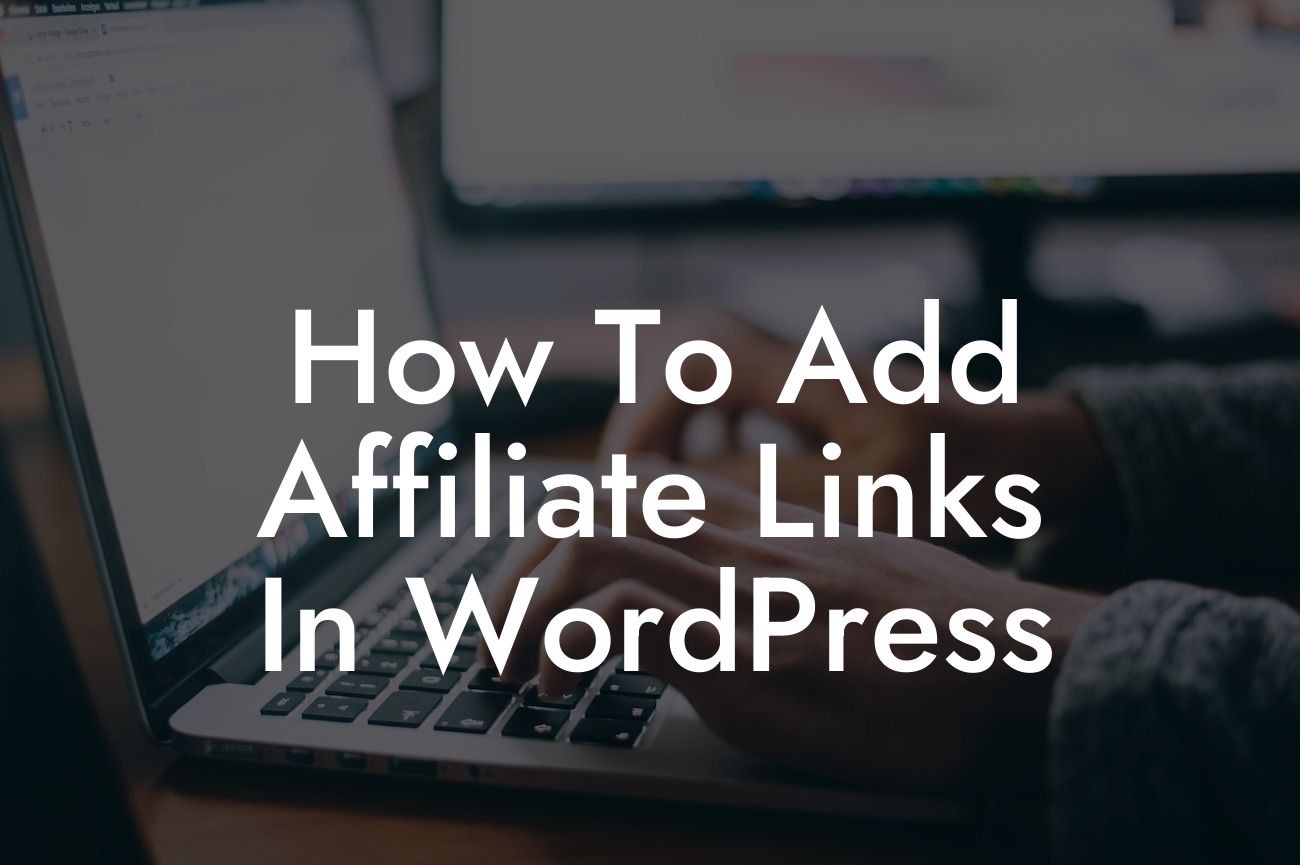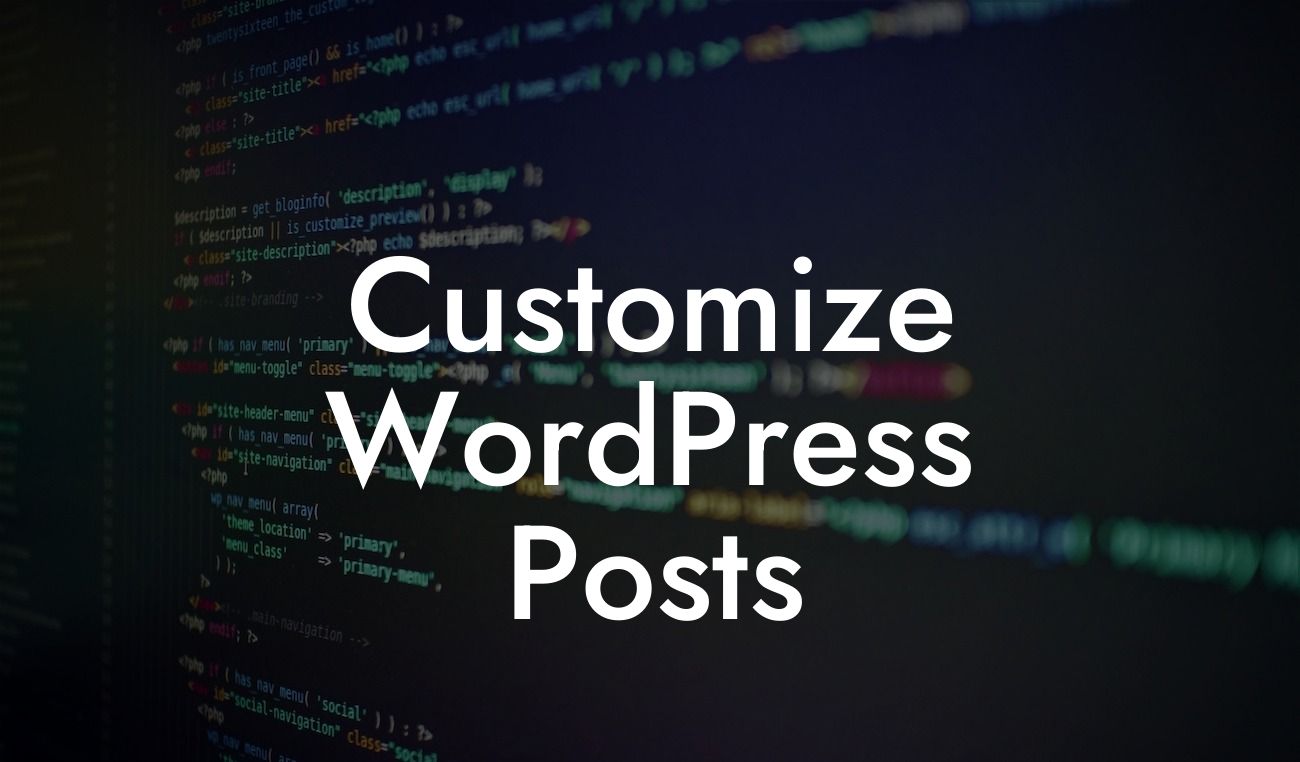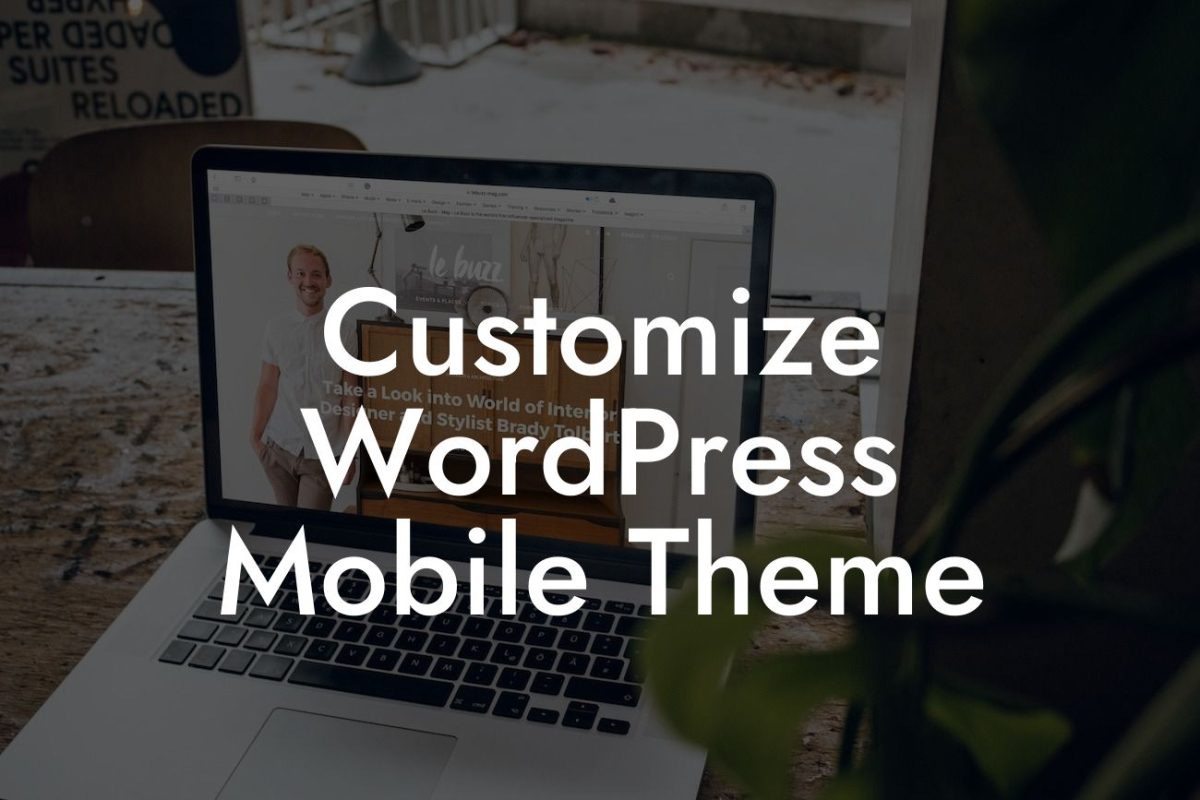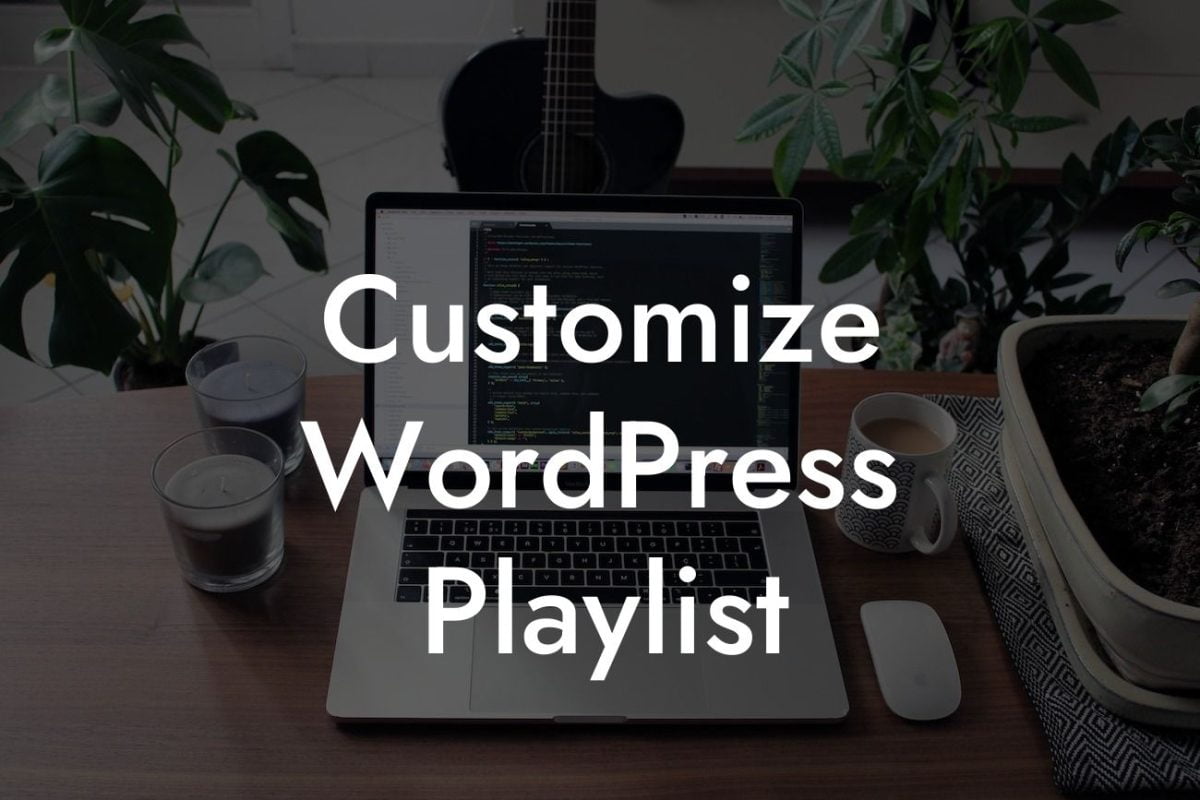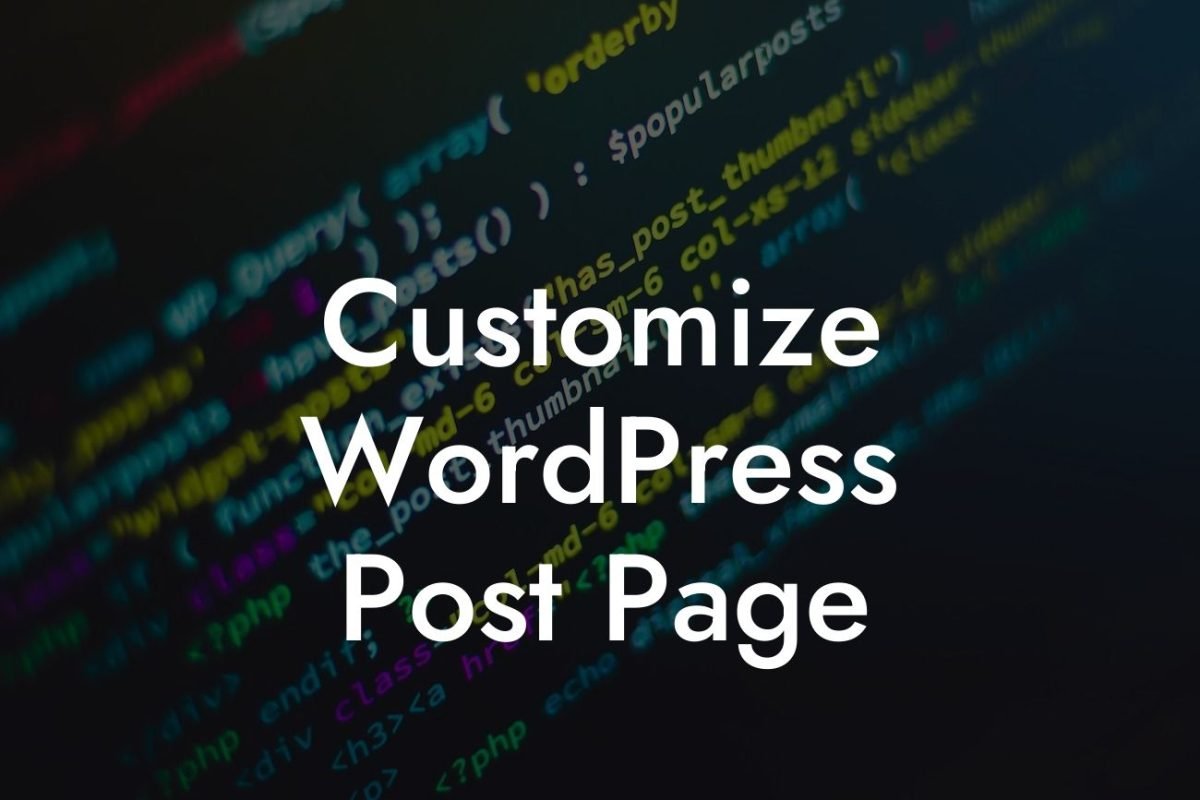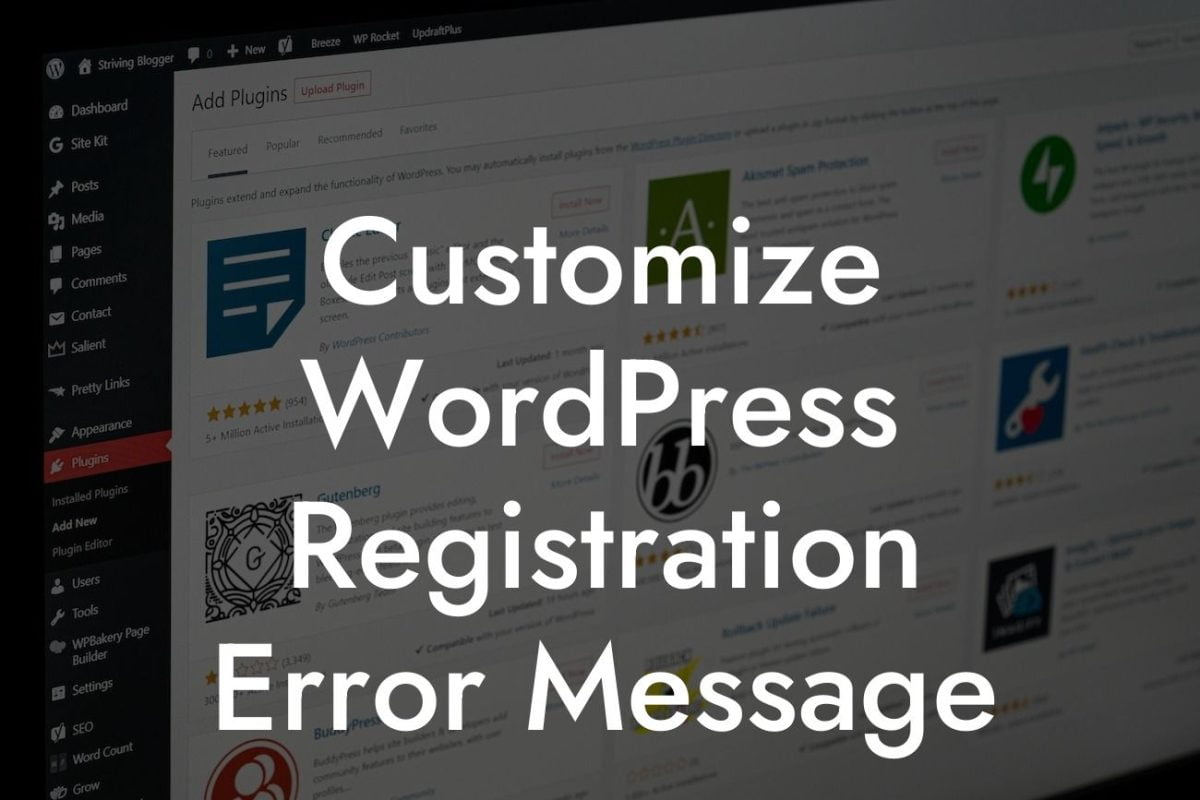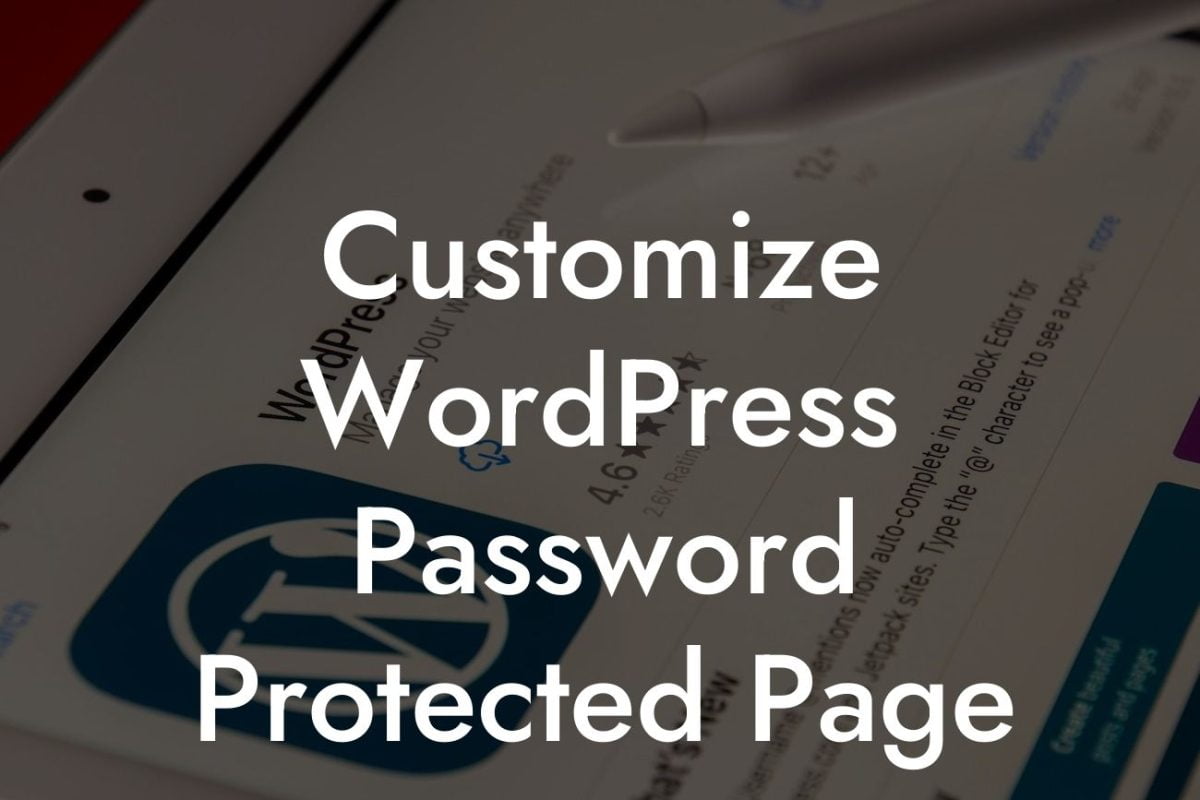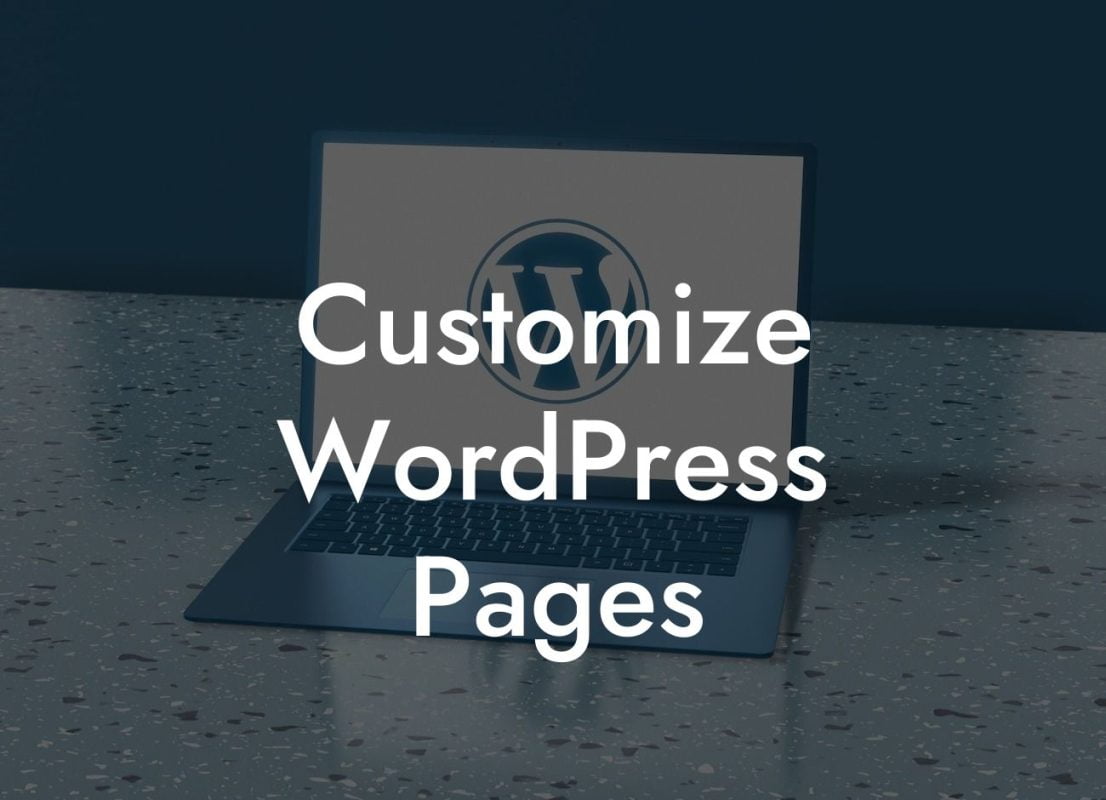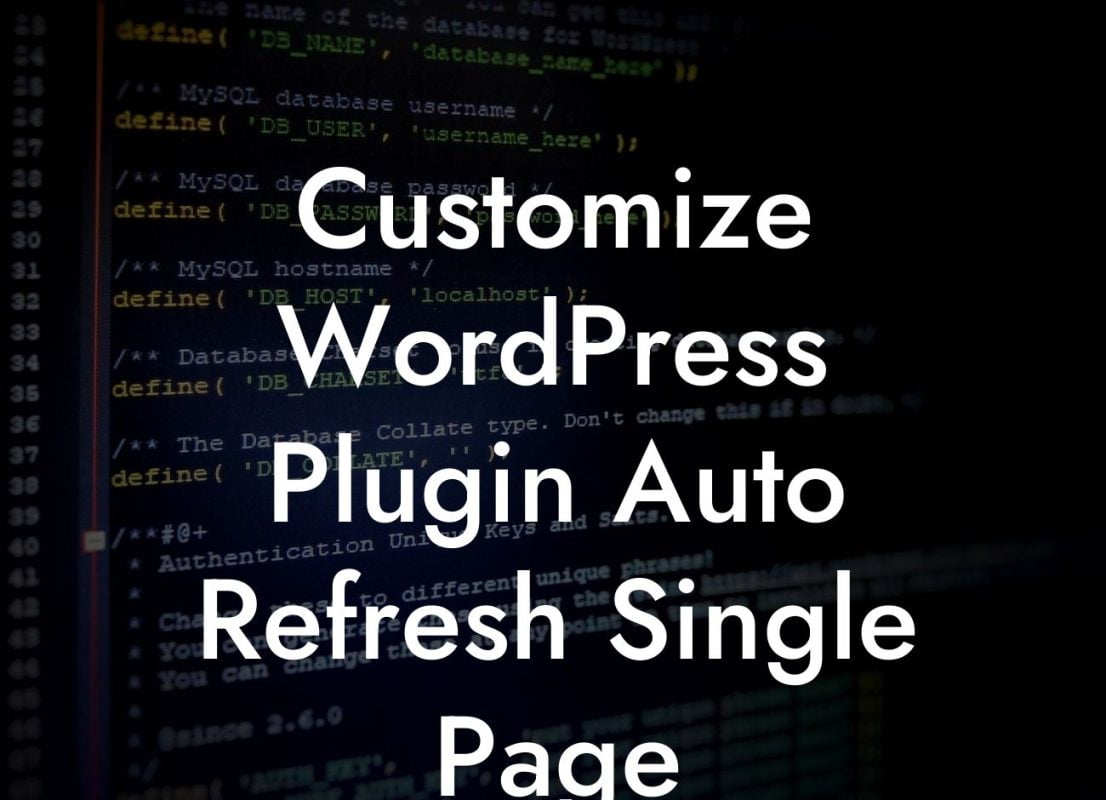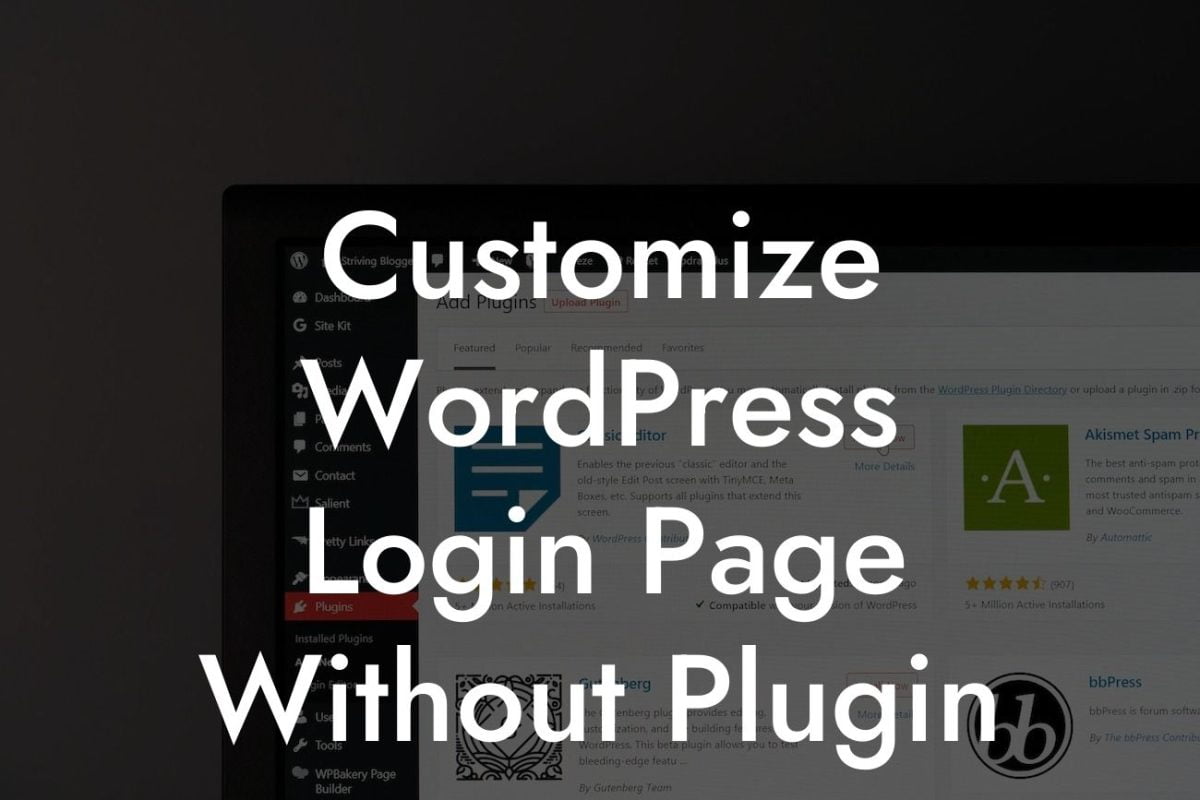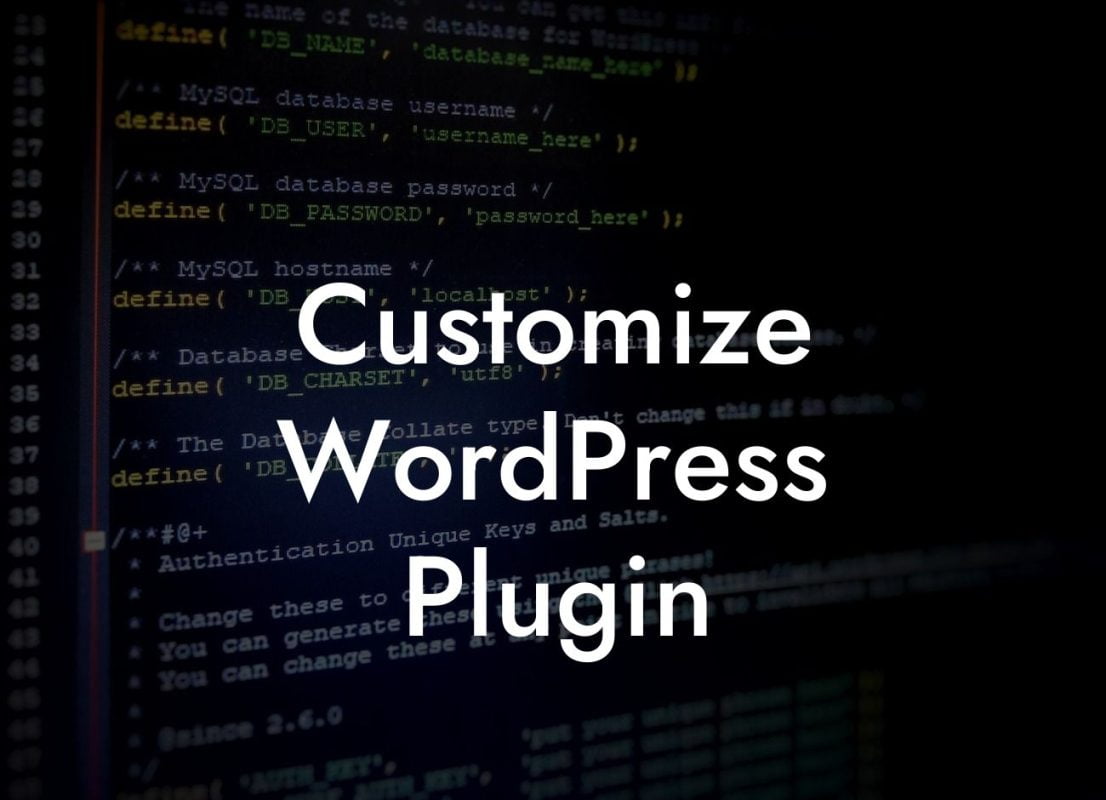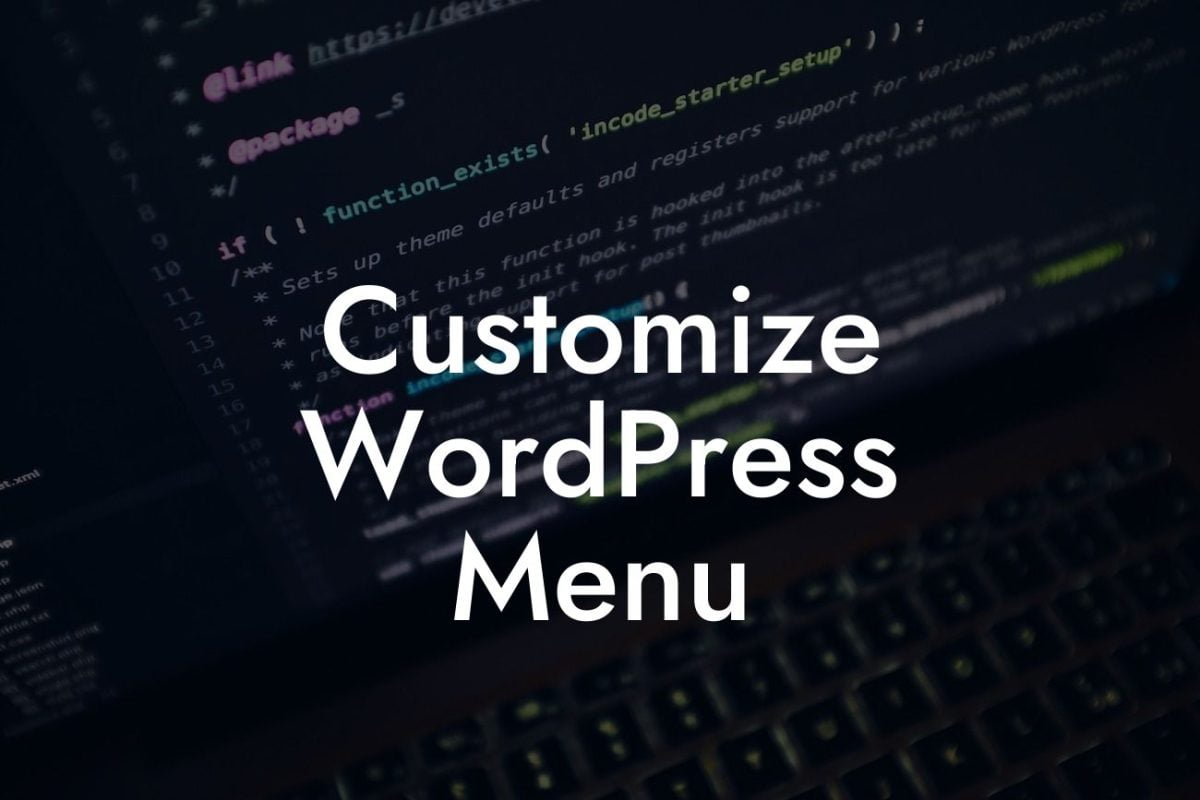Are you an entrepreneur or a small business owner looking to boost your online income? One effective way to monetize your WordPress website is by adding affiliate links. Affiliate marketing is a popular strategy that allows you to earn a commission for promoting other people's products on your website. In this guide, we will show you how to easily add affiliate links in WordPress and maximize your online potential.
Adding affiliate links to your WordPress website might sound complicated, but with the right tools and knowledge, it’s a straightforward process. Let's dive into the step-by-step instructions:
1. Choose a reliable affiliate network: Before you start adding affiliate links, it's important to partner with a reputable affiliate network. Look for networks that offer products relevant to your niche and have a good track record of timely payments.
2. Join an affiliate program: Once you've chosen a network, sign up for an affiliate program that aligns with your website's content. Many popular platforms, such as Amazon Associates, offer a wide range of products suitable for various niches.
3. Generate affiliate links: After joining a program, you'll receive a unique affiliate ID or tracking code. Use this code to generate affiliate links for the products you want to promote. Most affiliate networks provide tools or plugins that make this process effortless.
Looking For a Custom QuickBook Integration?
4. Use plugins for easy link management: WordPress offers various plugins to simplify the management of affiliate links. Plugins like Pretty Links and ThirstyAffiliates allow you to cloak long, complicated affiliate URLs, making them more user-friendly and optimized for SEO.
5. Insert affiliate links into your content: Now that you have your affiliate links, it's time to strategically place them within your content. Ensure that the links are relevant to the context and add value to your readers. Utilize H2 and H3 tags to highlight product reviews, recommendations, or comparison articles.
How To Add Affiliate Links In Wordpress Example:
Imagine you run a travel blog and want to monetize it by promoting luggage on your website. You join an affiliate program and generate unique affiliate links for different luggage brands. In your blog posts, you mention the benefits of each brand and include the affiliate links within the text. When your readers click on these links and make a purchase, you earn a commission.
Congratulations! Now you know how to add affiliate links in WordPress and leverage them to boost your online income. By strategically incorporating relevant affiliate links into your content, you can monetize your website and take your small business to new heights. Don't forget to explore other helpful guides on DamnWoo, and try our awesome plugins designed specifically for entrepreneurs like you. Share this article with others who might benefit from it, and let's embark on a journey of digital success together!

